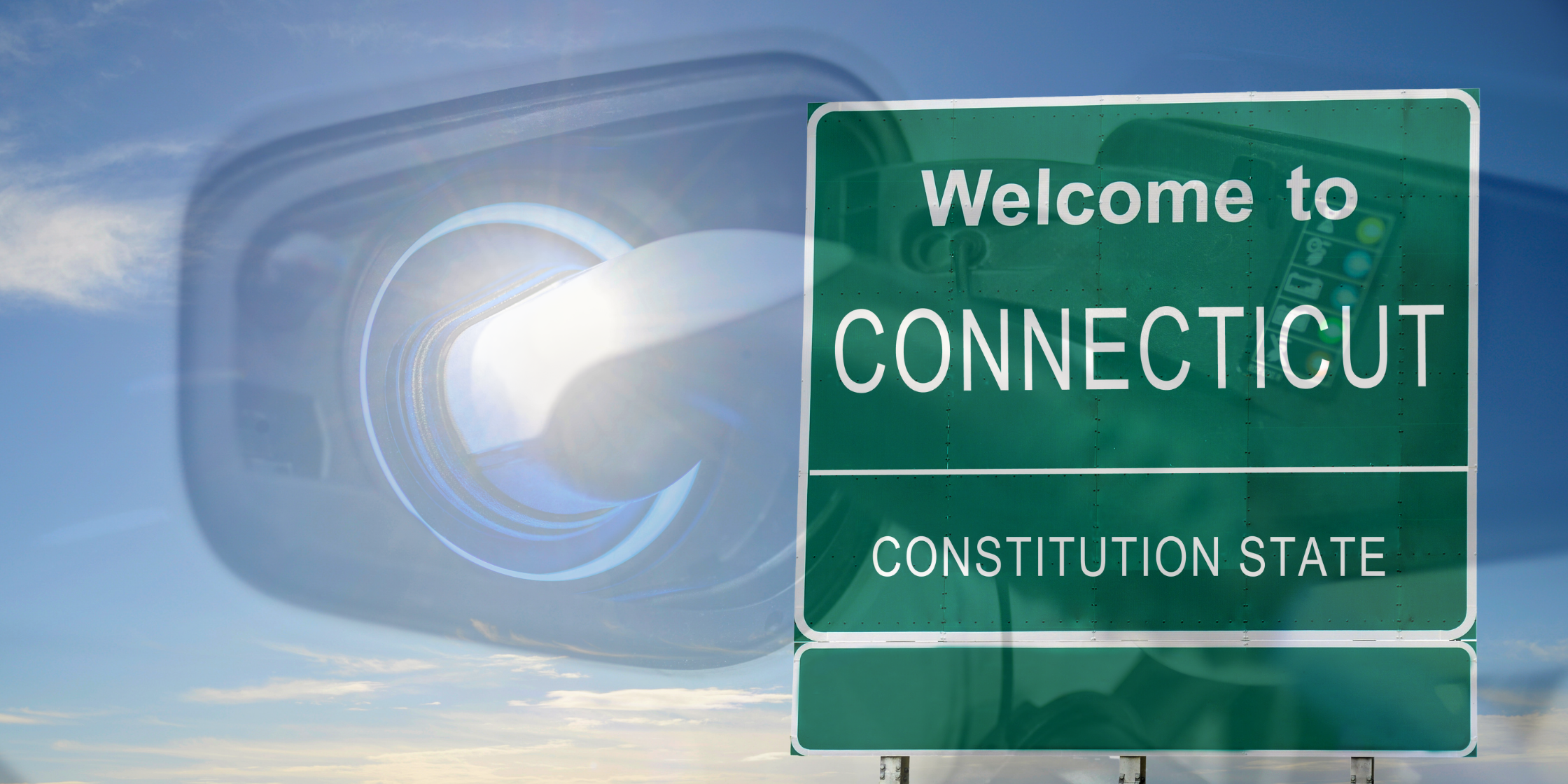
2025 Connecticut Electric Vehicle Charging Station Incentives
Electric Vehicle (EV) Charging Station Incentives: Connecticut
New incentives will encourage investments in zero emission vehicle infrastructure, additional incentives for underserved communities
Quick Overview
The Electric Vehicle (EV) Charging Program is a statewide program that provides incentives for residential and commercial light-duty EV charging equipment, as well as accompanying rate design offerings, to optimize charging behavior. Launched in January 2022, this nine-year program is administered by Connecticut’s regulated electric companies, Eversource Energy and The United Illuminating (UI) Company.
Energy consultants like Titan Energy can help organizations navigate this process.
Market Segments for New Incentive Program
The EV Charging Program will offer incentives for the deployment of EVSE in five program areas, or market segments:
- Residential Single-Family Level 2 Charging
- Residential Multi-Unit Dwellings (MUDs) Level 2 Charging
- Direct current fast charging (DCFC)
- Destination Level 2 Charging
- Workplace & Light-Duty Fleet Level 2 Charging
Specifically, the decision directs Eversource and UI to offer the following incentives for both EVSE (i.e., chargers) and any associated electrical upgrades:

Difference between Level 1, Level 2, and Level 3 Charging
You may be asking, how long does it take to charge an electric vehicle? This chart can help answer this question.
- 120 VAC standard outlet
- Delivers power from the wall to the vehicle’s on-board charger
- Time from fully depleted to fully charged: average 7-29+ hours
- Typically provided with your Electric Vehicle
- 208-240 VAC installation
- Delivers AC power from the wall to the on-board charger
- Time from fully depleted to fully charged: average 2-10+ hours depending on vehicle
Direct current fast charging (DCFC)
- 400-600 VAC installation
- Delivers DC energy bypassing the on-board charger
- Time from fully depleted to fully charged in about 30 minutes
